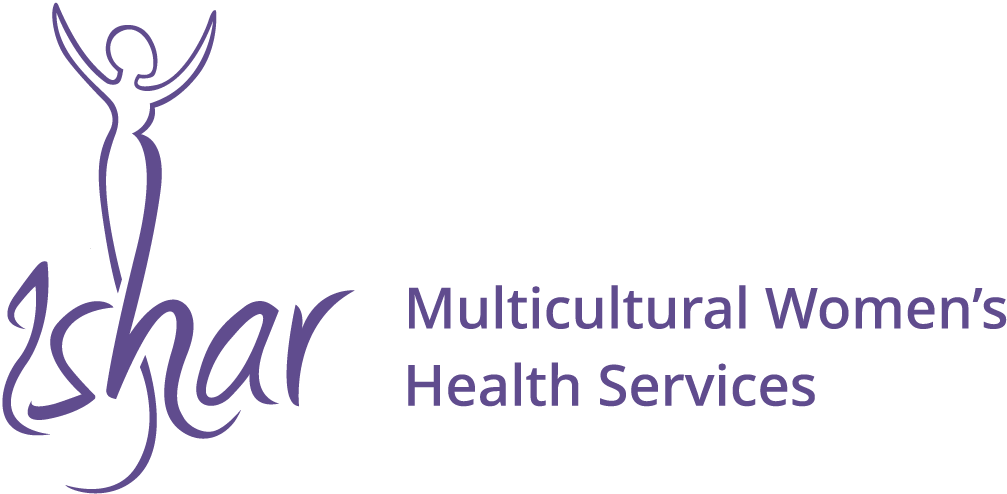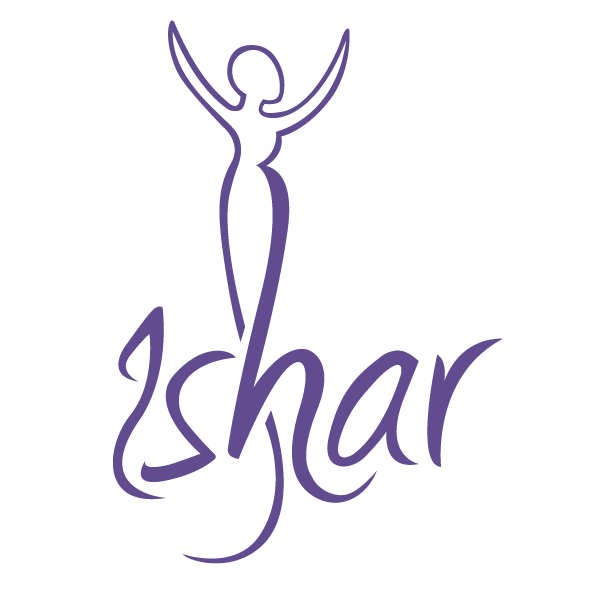Period Poverty
Did you know that period poverty affects approximately 500 million people across the globe?
Period poverty refers to the inability to access menstrual products, hygiene facilities, education and/or waste management facilities. Period poverty results in women being left behind in society as they are excluded from school, work, and social events due to the inability to participate in daily life whilst menstruating.
Period poverty affects individuals in a variety of ways. Whilst we in Australia would like to think we are ‘above’ Period Poverty, we simply are not. A survey of 125000 people by ‘Share the Dignity’ concluded that 50% of participants had missed at least one day of school because of their period. This undermines gender equality and human rights for school students. When young girls are missing school because of their period, it can leave them behind academically, further exacerbating already existing gender inequalities. The inability to menstruate hygienically can promote a wide range of negative emotions for women including shame, guilt and even hopelessness.
So how is period poverty affecting Culturally and Linguistically Diverse (CaLD) women living in Australia? Well, a pack of 16 regular tampons by the popular brand U By Kotex is $4.55; for the ‘typical’ menstruator who is changing their tampon every 4 hours, this box would last just over two days. So, for a woman who menstruates for 6 days, that’s already about $14 a month just to manage their period. Whilst this is a large expense for the general community it is even more so for CaLD women living in Australia. The 2016 Western Australian Census declared that around 32.3% of CaLD women earned less than $500 a week. Unfortunately, this sort of low income leaves some women struggling to prioritise buying menstrual products over other necessities. It is also important to consider that some CaLD women may be more subject to financial abuse. This involves the typically male counterpart controlling the female counterparts access to money. When a woman doesn’t have financial freedom and their money is controlled, it can become close to impossible for them to access menstrual products. This financial control can even include husbands/male partners not allowing their female partners to go to the shops alone. This makes it uncomfortable and hard for the women to buy menstrual products.
Whilst some CaLD women may struggle financially, the largest issue at hand is the lack of education on menstrual products and menstruation in general. Lack of education is an intense and sometimes hard to break form of period poverty as beliefs are generationally passed down through families. An example of a misinformed belief that may be passed down, is the belief that it is “wrong” to insert a foreign object into the vagina. Different women from different communities will have different beliefs. Some women may believe tampons affect the girl’s ‘virginity’ and will strongly discourage their children from using them. Whilst some women simply don’t encourage the use of tampons but not particularly for a specific reason. Periods are also still quite taboo in many migrant communities, creating and sustaining the lack of education surrounding periods. When periods are not talked about, it can cause large emotional distress for women, especially those who may suffer intense pain when menstruating. The lack of conversation can be hard for children of 1st generation migrants as it creates a further sense of ‘period isolation’ from the shame and stigma they may be feeling. Misconceptions and beliefs surrounding certain menstrual products can also lead to many younger girls being excluded in high school as they may not have been taught to use a tampon, excluding them from days such as swimming carnivals or even athletics carnivals where more form fitting clothes are usually worn. This shame and stigma that CaLD women and girls suffer from, makes them more susceptible to suffering from ‘emotional’ period poverty in Australia in comparison to the general community.
Fortunately, organisations such as ‘Share the Dignity’ assist in providing products to women who are struggling to afford menstrual products, including providing products to Ishar so we can support the women who walk through our doors. If you are struggling with period poverty, Ishar alongside ‘Share the Dignity’ are excellent places to find help.
So, what can be done? Conversating with friends you are comfortable with, about your own period is a fantastic way to begin reducing the stigma around periods in your own social circle. Encouraging your school, university, sports group, or work to provide products for free is also a great way to help increase accessibility. You should also encourage these sorts of businesses/organisations to provide more education on periods that is accessible to all and mindful of cultures and different belief systems surrounding periods/period products that may exist. So, if you know your workplace or school/university doesn’t provide enough accessibility to period products and information, why not advocate for change, and make a positive difference to your community. If you want to take this advocacy even further, you could advocate for protective legislation from your government, which could make period products more accessible by reducing taxes on menstrual products.
The stigmatisation around periods has left period poverty unaddressed in the past but we can see the course of action that is needed: advocacy and education.

